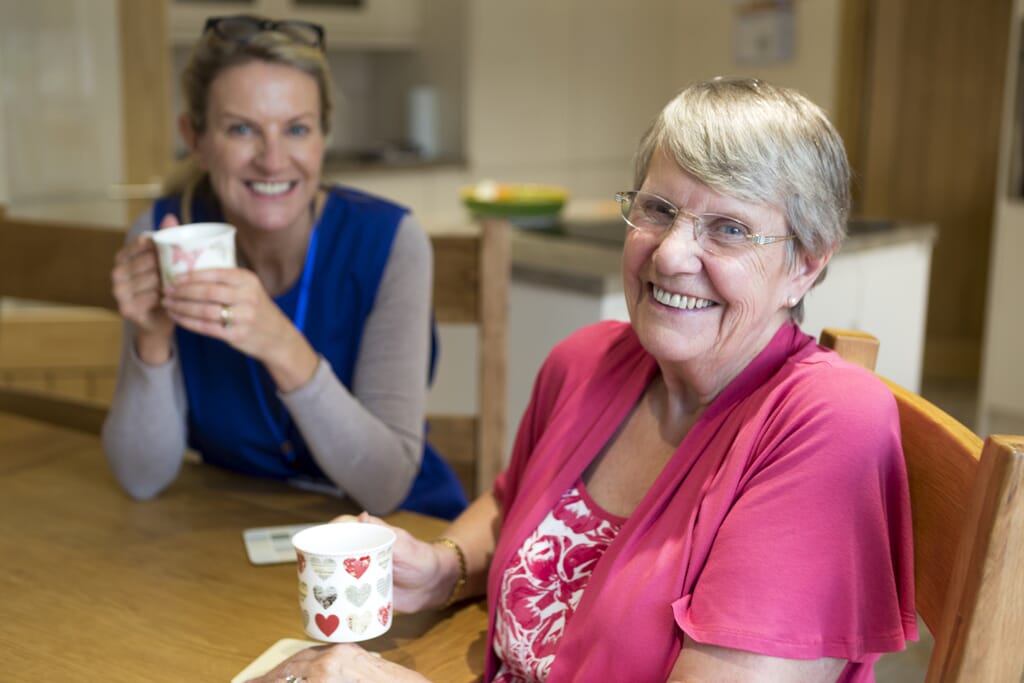Call: 01242 383 773 Or Email us

Complex Care
How Does Complex Care Work?

Complex care is a term that’s becoming increasingly familiar in conversations about care and home care, but what does it actually involve? Understanding how complex care works is essential whether you’re navigating care options for yourself or a loved one. This article will delve into the meaning of complex care, its components, and the complexities of complex care plans.
What is Complex Care?
Complex care, also known as continuing care or long-term care, addresses the needs of individuals with significant or complicated health issues. These issues often require a complete and coordinated approach to manage effectively. Complex care encompasses a wide range of services designed to support individuals with chronic conditions, severe disabilities, or after a major illness or surgery that has left them needing more intensive support than standard healthcare provides.
Understanding Complex Care Needs
Complex care needs arise when an individual requires ongoing support with multiple aspects of their health and daily living. This could include managing chronic diseases, such as diabetes or heart failure, alongside mobility issues or cognitive impairments. The goal of addressing complex care needs is to provide a holistic approach to care that encompasses medical, social, and personal support.
The Components of a Complex Care Plan
A complex care plan is a comprehensive document that outlines the tailored set of services and interventions an individual will receive to manage their health conditions effectively. These plans are developed collaboratively by a multidisciplinary team, including doctors, nurses, therapists, social workers, and, importantly, the patient and their family. Key components of a complex care plan include:
- Medical Treatment: Details on medication management, medical interventions, and regular monitoring of health conditions.
- Personal Care: Assistance with daily living activities such as bathing, dressing, and eating.
- Rehabilitation Services: Physical therapy and other rehabilitation services aimed at improving mobility and independence.
- Social Support: Services that help maintain the individual’s social and emotional well-being, including counselling and community engagement activities.
- Coordination of Care: Ensuring seamless communication and coordination between the various healthcare providers and services involved in the individual’s care.
How Does Complex Care Work?
Complex care is delivered through a combination of in-home care services, outpatient services, and, when necessary, specialised facility care. The process typically involves:
- Assessment: A thorough evaluation of the individual’s health status, care needs, and personal goals.
- Planning: Development of a personalised complex care plan that addresses all aspects of the individual’s health and well-being.
- Implementation: Coordination and delivery of the services outlined in the care plan, with adjustments made as needed based on the individual’s changing needs.
- Review: Regular review of the care plan and the individual’s progress, with the flexibility to adapt the plan to ensure it continues to effectively meet the individual’s needs.
The Role of Technology in Complex Care
Advancements in technology are playing an increasingly significant role in complex care. Remote monitoring tools and specialised healthcare apps enable more efficient management of chronic conditions, improve communication between care providers and patients, and enhance the overall quality of care.
Knowing what to expect from complex care can help give your loved ones the confidence and reassurance that it is the right care for their needs. Remember, complex care is designed to give the patient the best quality of life within their own home, helping to live a happier and fuller life.
At Safehands, we work with some of the UK’s most experienced and qualified medical professionals, who will work closely with you to assess and advise on your loved one’s care needs. Every person you will come in contact with is dedicated to providing you with compassionate, comprehensive care tailored to complex needs. For more information or to discuss your specific care requirements, feel free to reach out to our team. We’re here to support you every step of the way on this journey.




